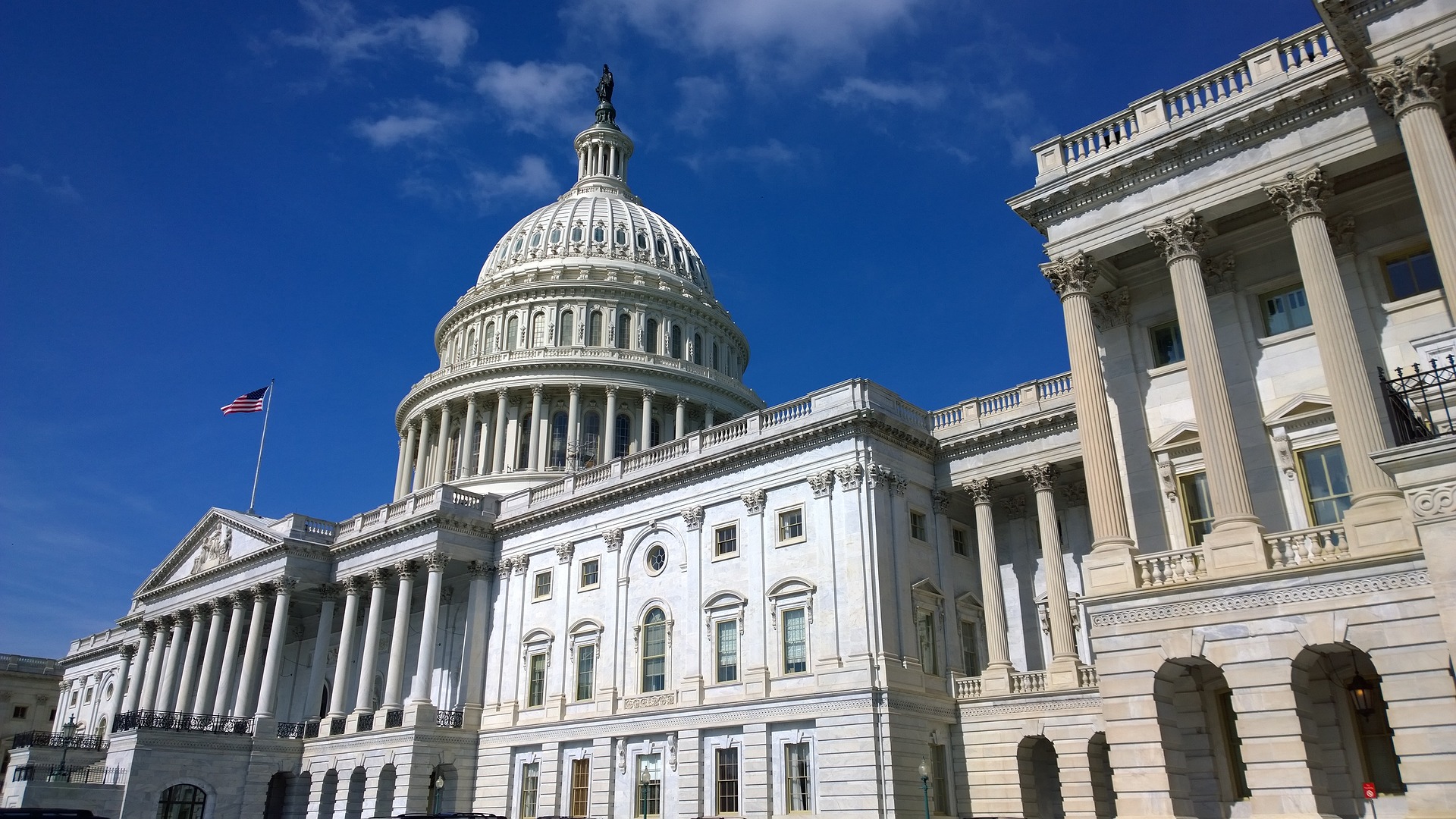Category: Commentary
-

Fixing the Broken Branch
The Legislative branch represents the voice of the people and the states. Article I, Section 1 of the Constitution vests all legislative powers in Congress. Neither the President nor the Supreme Court possess legislative authority. This is a central tenet of the separation of powers between the departments of the federal government. To fulfill its…
-

Revisioning Government for a New Democracy
The bizarre experience of the current presidency has made abundantly clear that the US government requires an overhaul. Least the current administration take the entire hit for incompetence and kowtowing to the military-industrial complex, evidence of delusion, misappropriation, and doublespeak may be readily traced to successive Republican and Democratic administrations. The result is a parody…
-

Surveillance State and Opinion Management
Thanks to the dog-and-pony impeachment show that assuredly is the product of the Democrat’s desperation to find a suitable candidate to oppose Donald Trump in the 2020 election, the reality has become obvious that the government is not the government of, by, and for the people. Rather the government is of, by, and for the…
-

No More Cardinal Newman’s Idea of a University
What is it like to be a professor today in “soft disciplines” defined as “other than science, technology, and engineering”? The humanities and social sciences are soft disciplines. Psychology, sociology, political science, language, gender studies, business majors, and the like are soft disciplines. Soft disciplines have in common complex causality, weak and competing methodology, disciplinary…
-

Politically Correct Mania
Four years ago, I was invited to contribute a chapter to a proposed book titled, “The impact of speech complaints on instructors in higher education.” This is an unlikely title to stir a runaway best seller. What motivated the book’s editors was personal experience of toxic political correctness upon collegiality, course content, and employment. Professors…
-

Is anything real?
I do not know what goes on in the corridors of Davos or the contents of confidential projects funded by corporations and government entities, I am only a bystander who observes dubious research and pontificated guidelines promulgated by experts and agencies. Like Dorothy in the Wizard of Oz, I cannot see behind the screen to…
-

Physical, Social, & Environmental Consequences of Big Agriculture & Big Money
The fate of “Fly-over America” was set by Federal policy changes in the early 1970s. Policies championed by the Secretary of Agriculture, Earl Butz, during the Nixon administration eviscerated protections for small farmers and land use. The consequence was a bubble in grain and land prices with vastly increased farm debt followed by oversupply and…
-

The Limits of Choices We Make
What do you choose? An illusion fostered by education and current culture is that you determine your life outcome by your goals and choices. Set your goals and make your choices. Your choices are where the “rubber hits the road” and presumably determine your success. But, all you really “control” are your choices, and not…
-

The World on Edge
The variables and forces that are influencing or determining the future direction of national and international politics, along with the practice of professions, with emphasis upon psychology, are presented. Plausible outcomes of the current “world order” are described.
